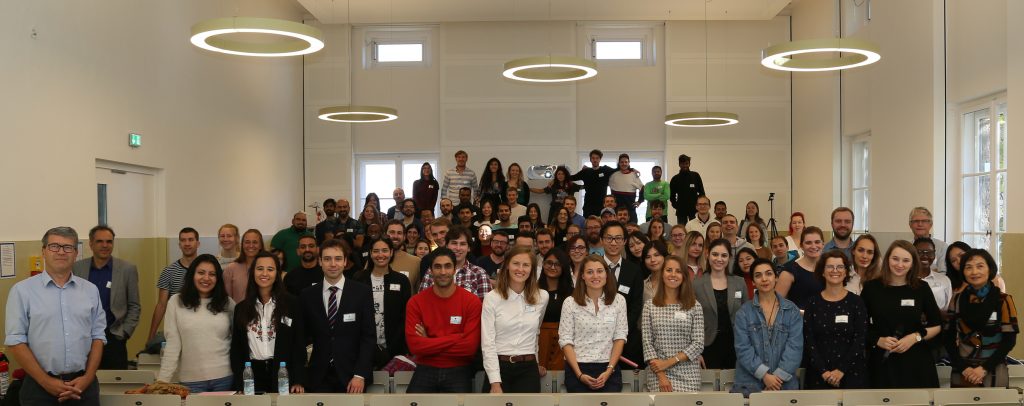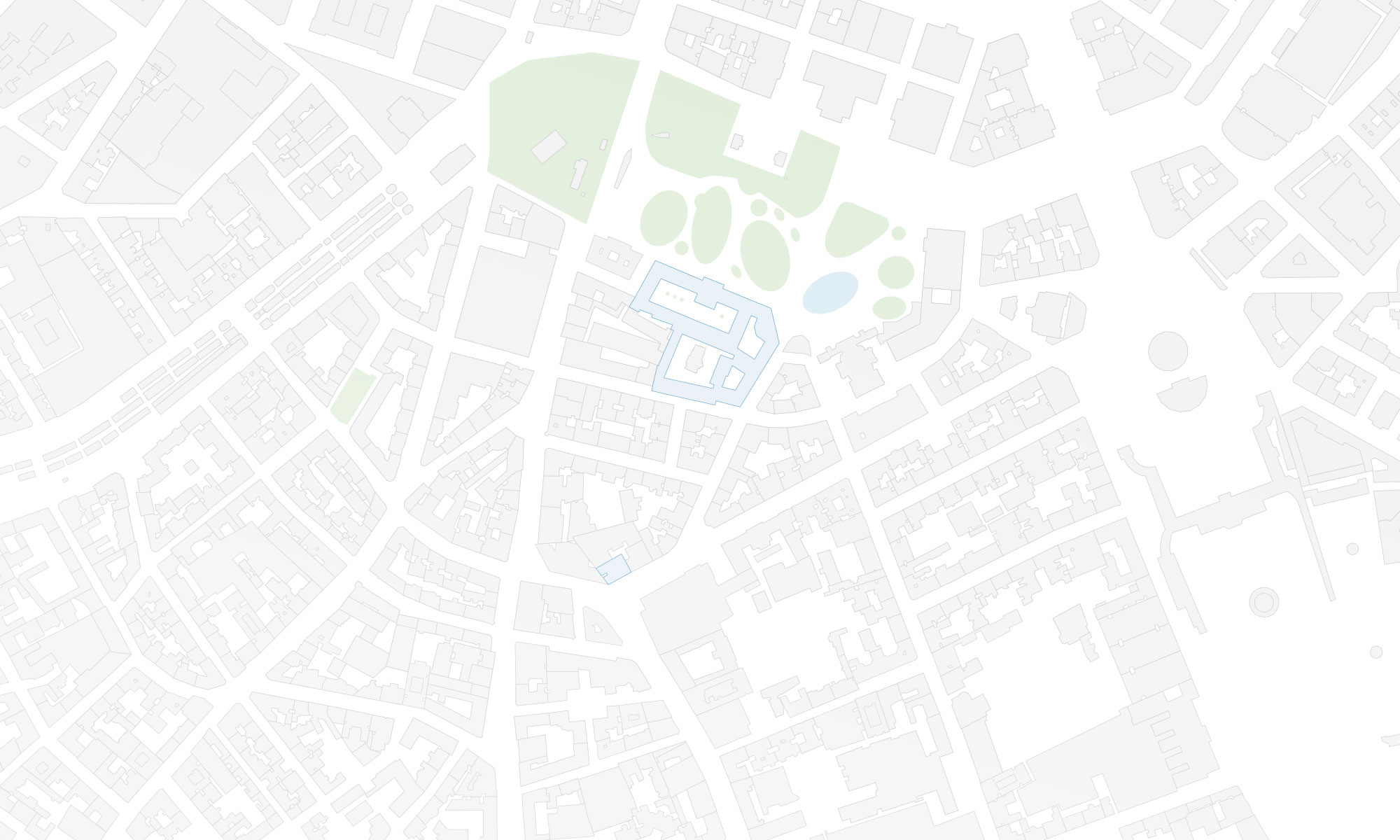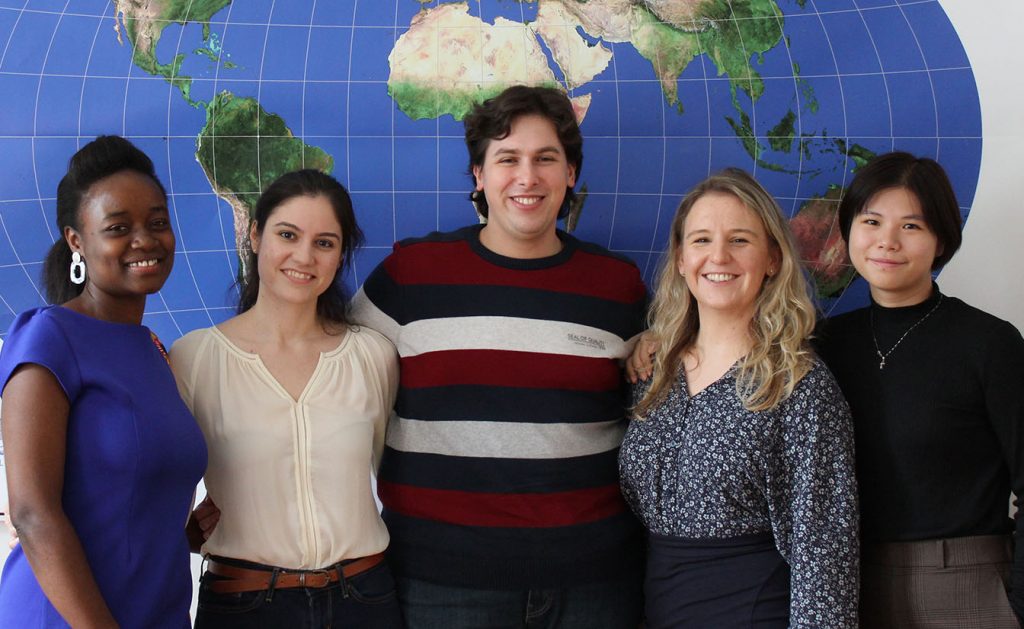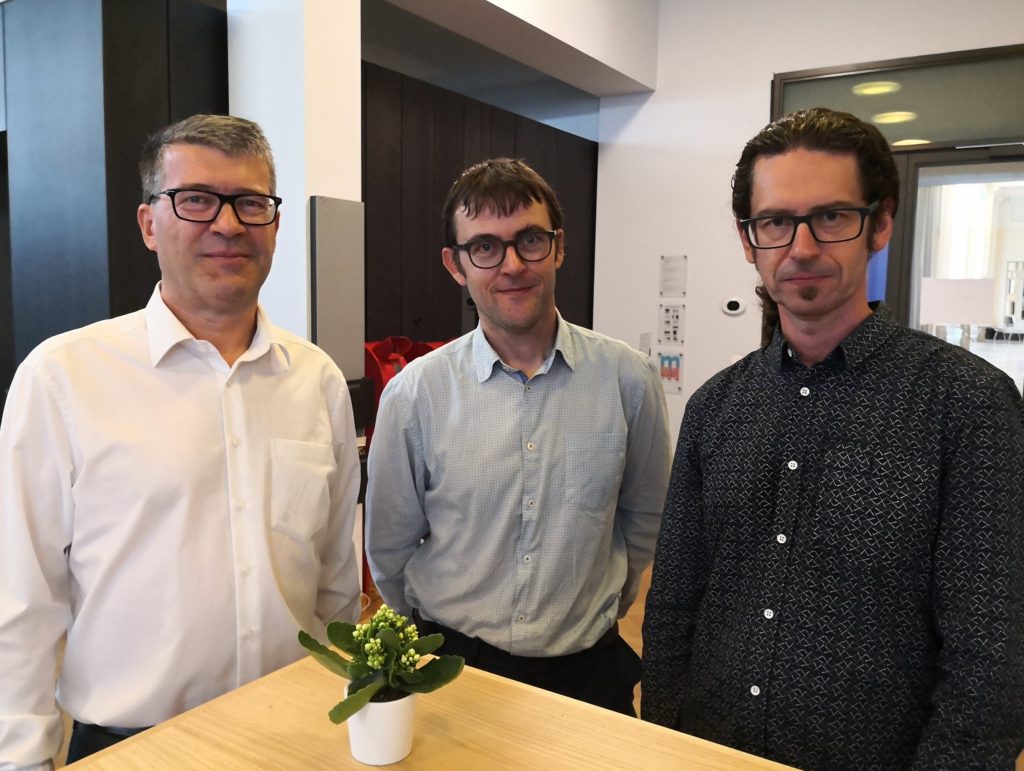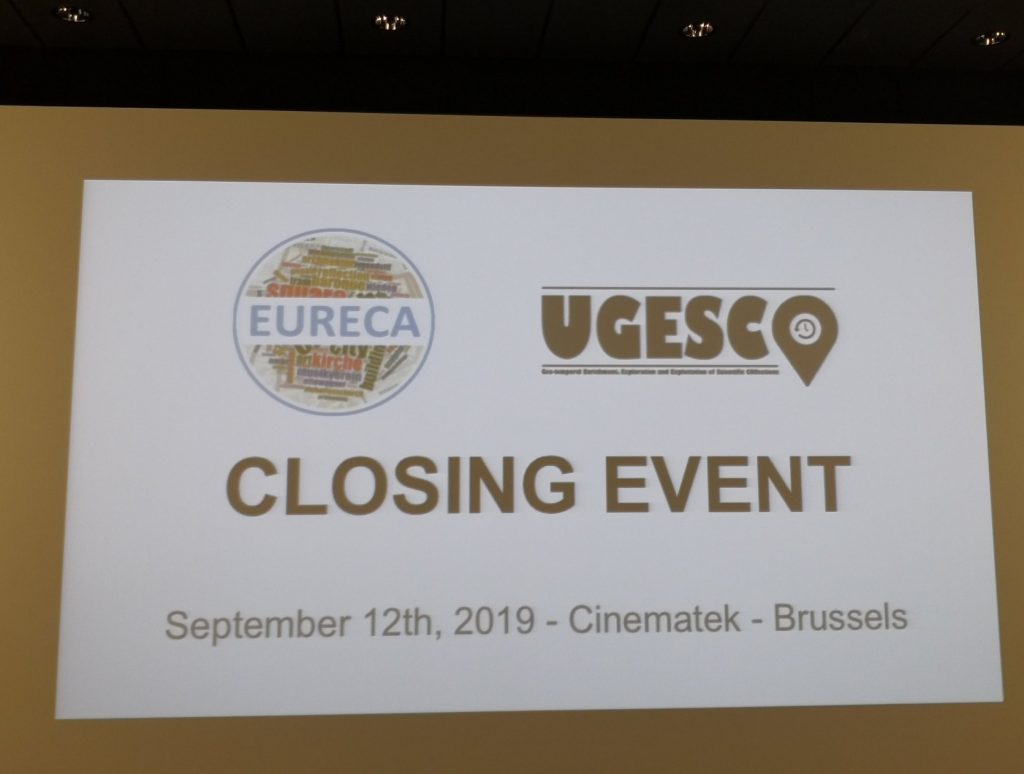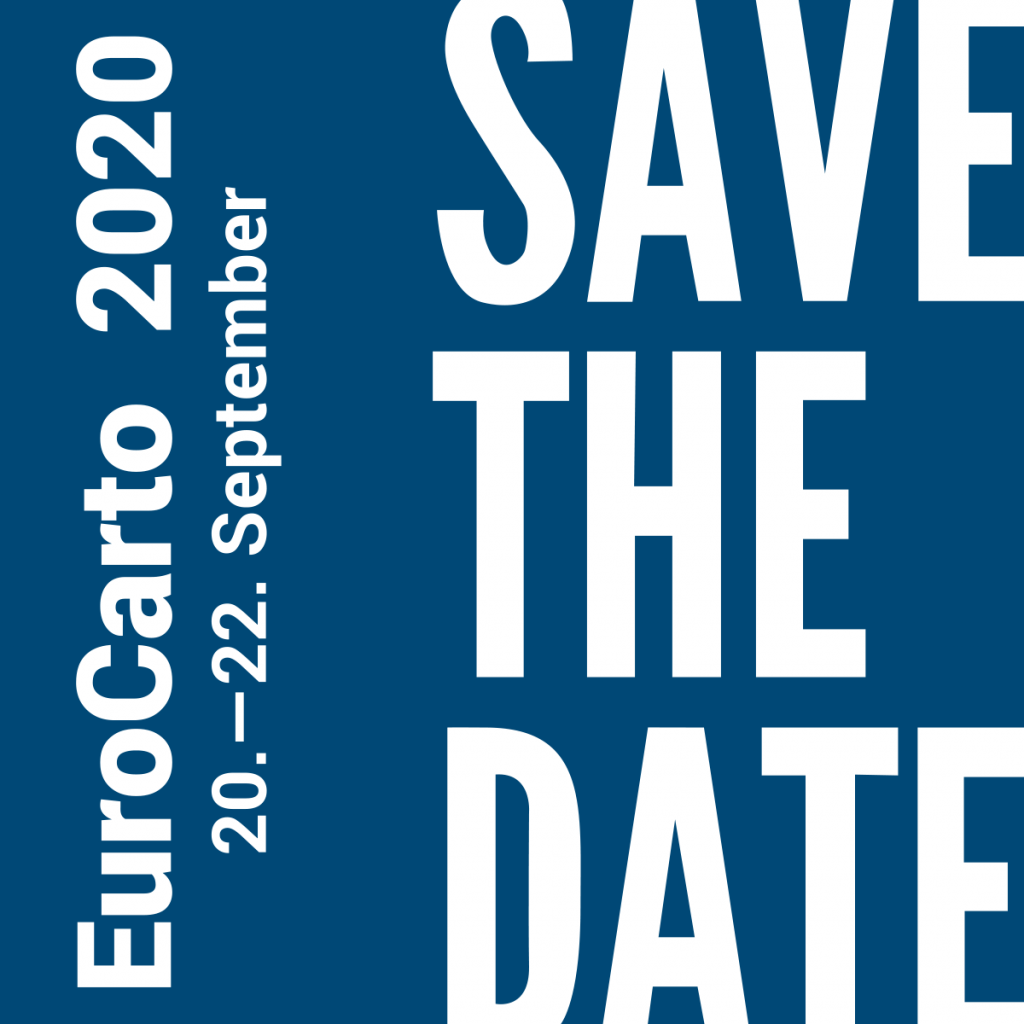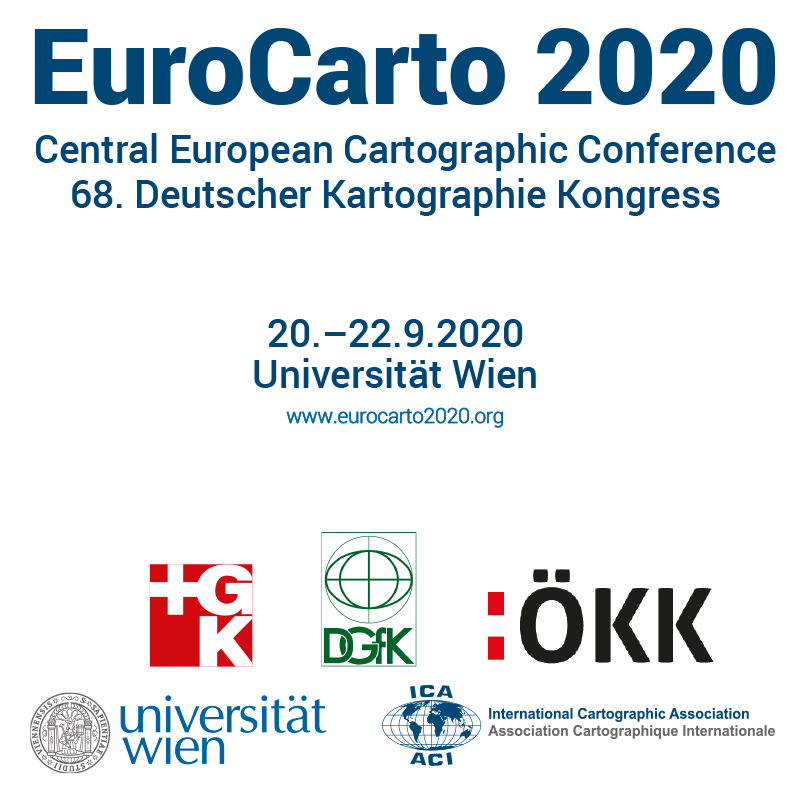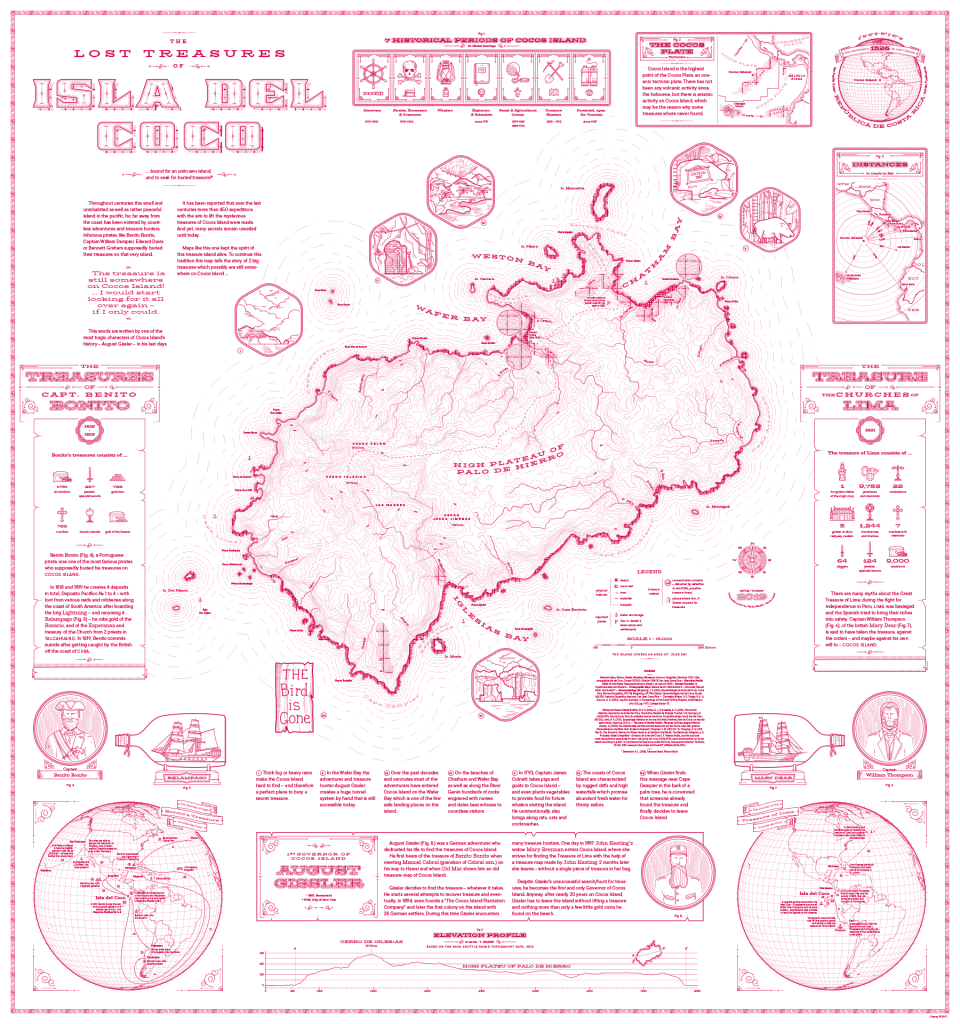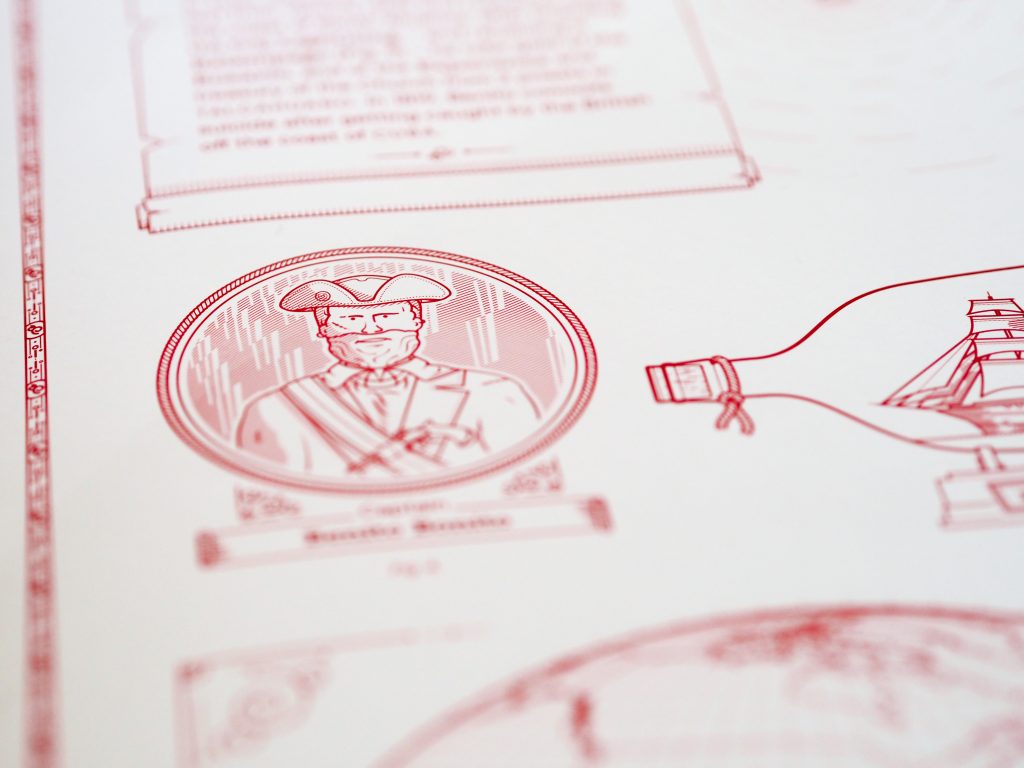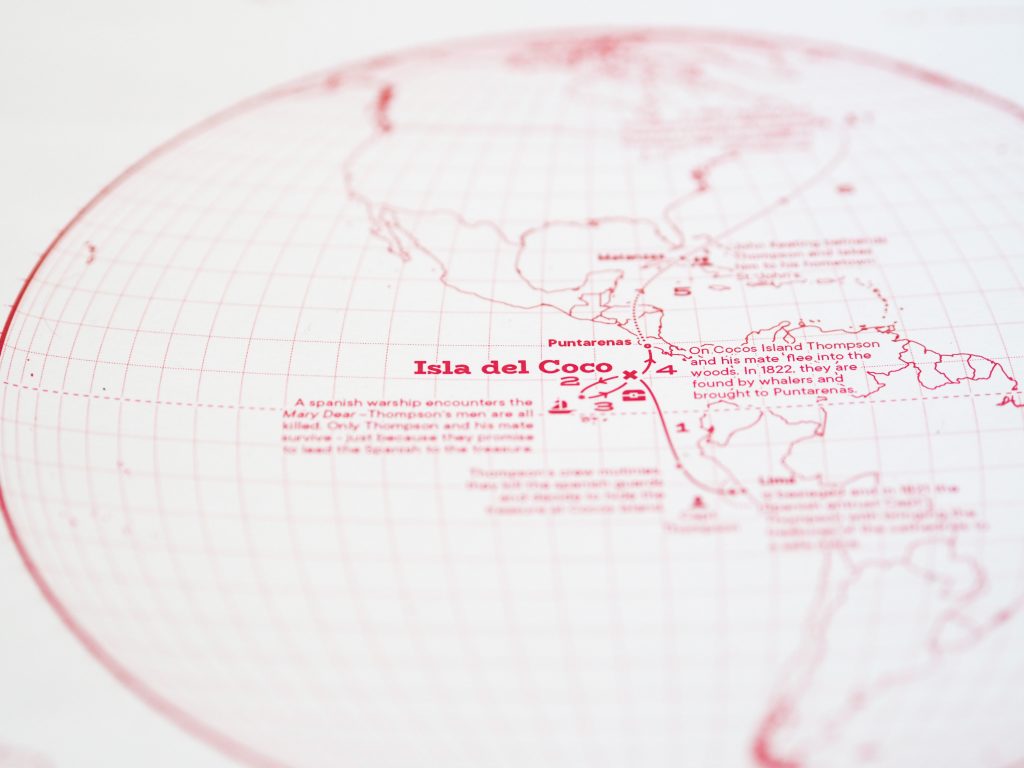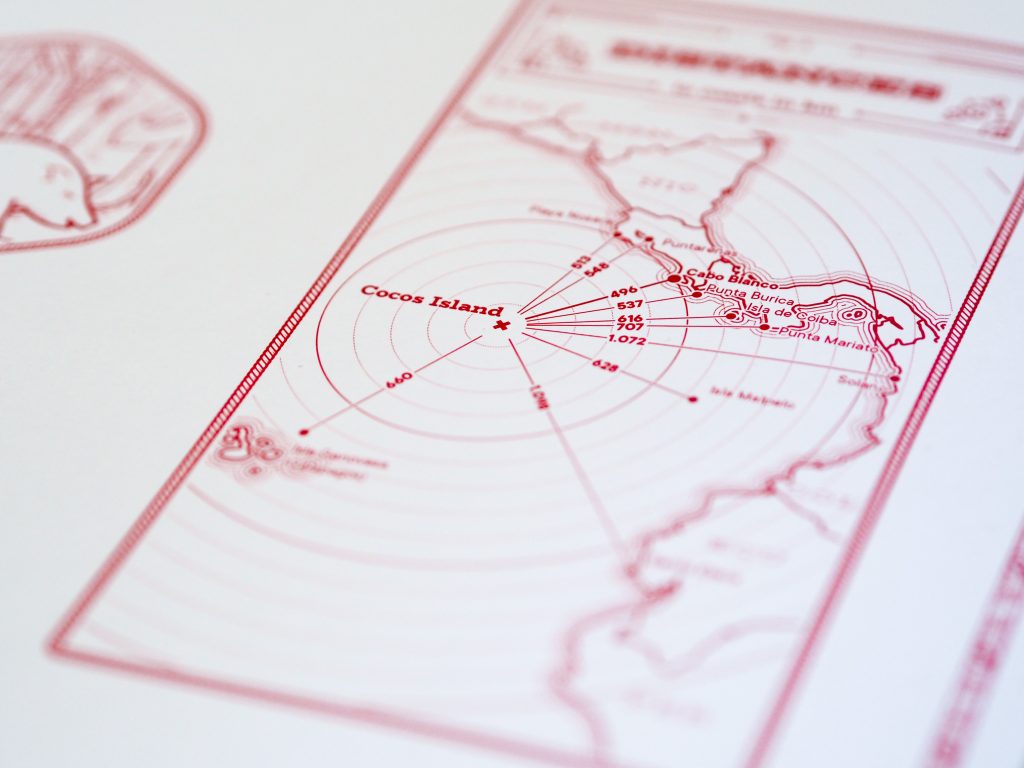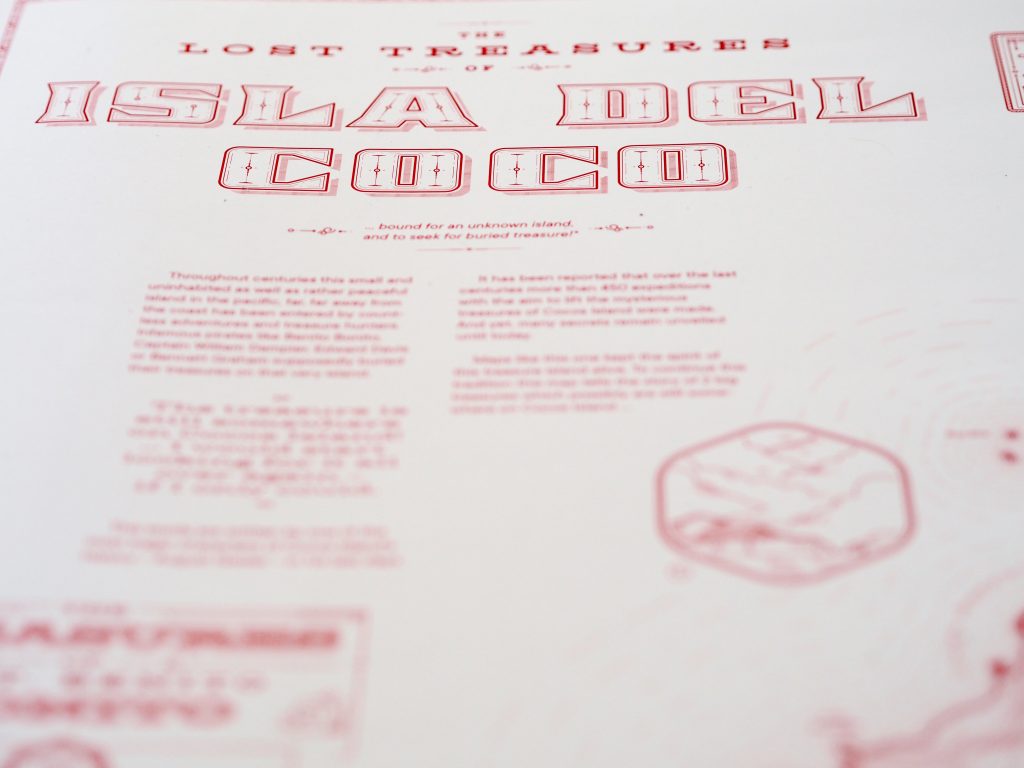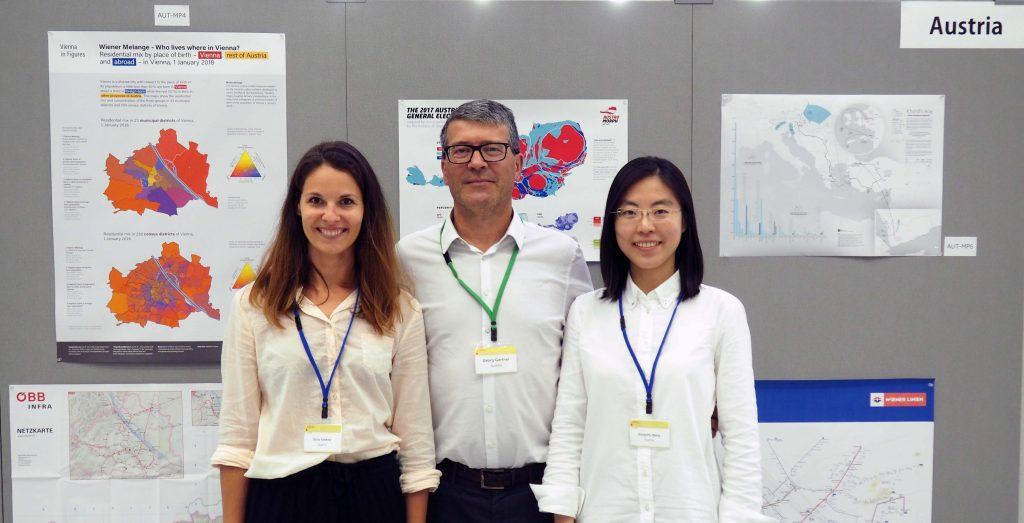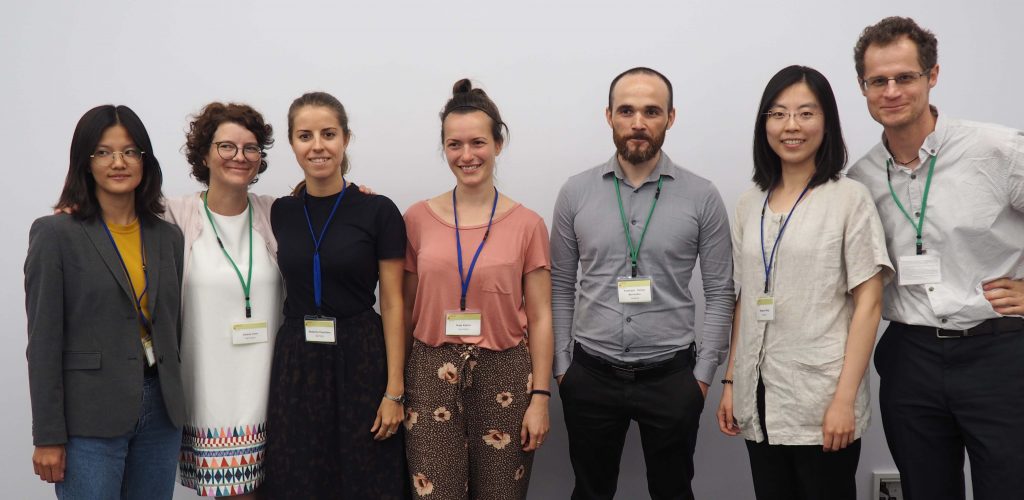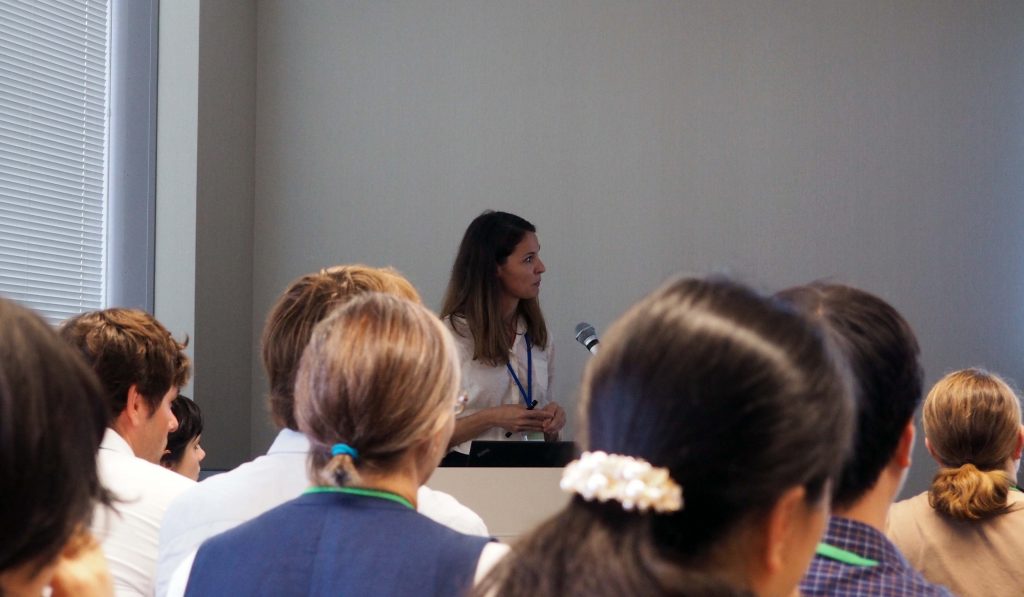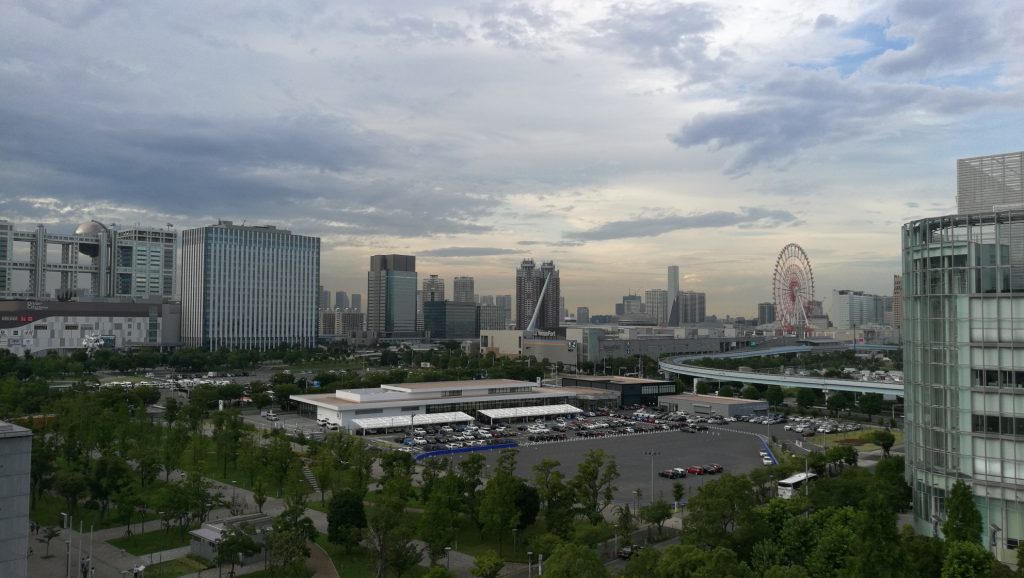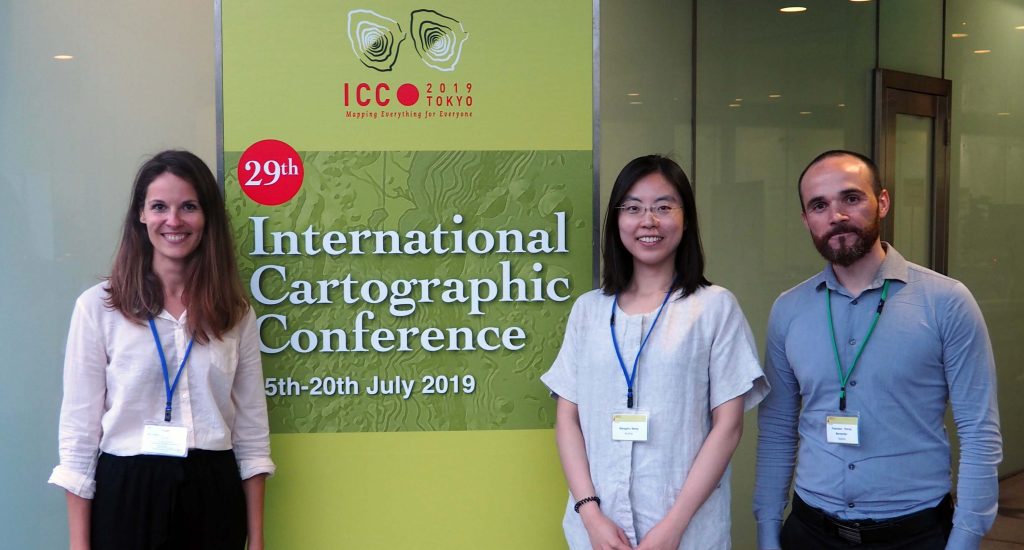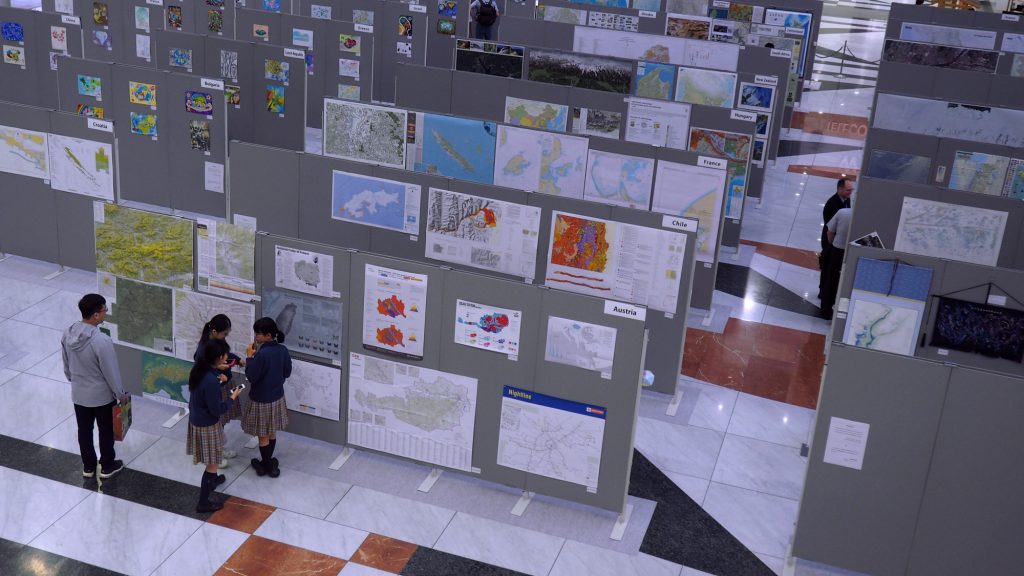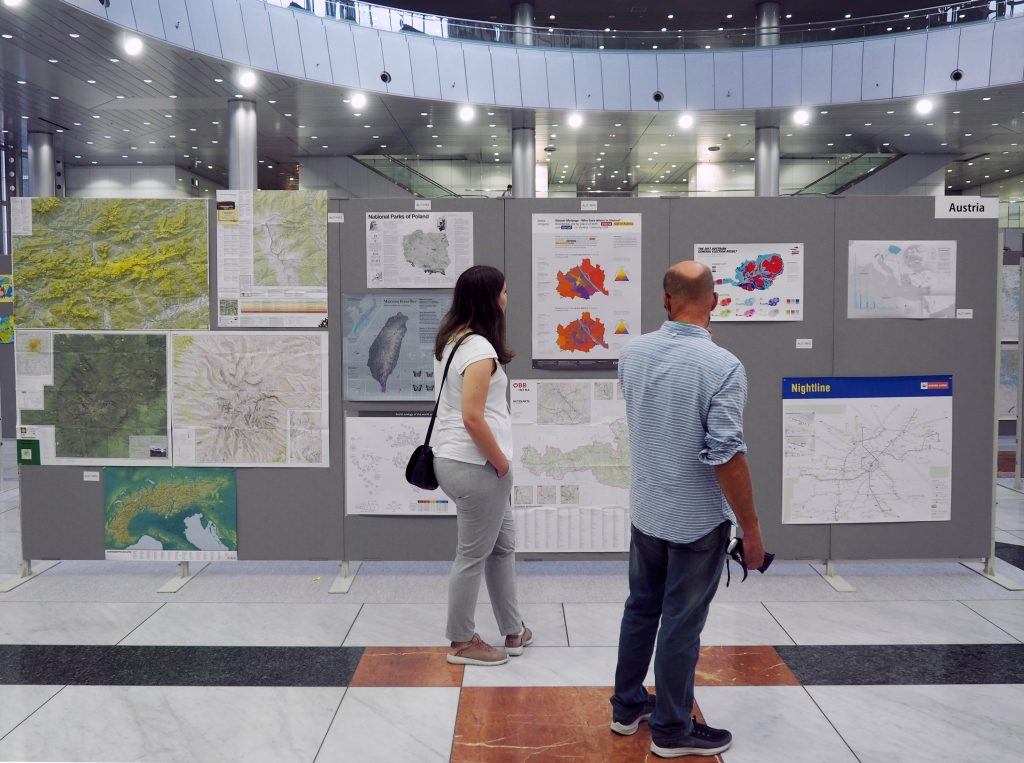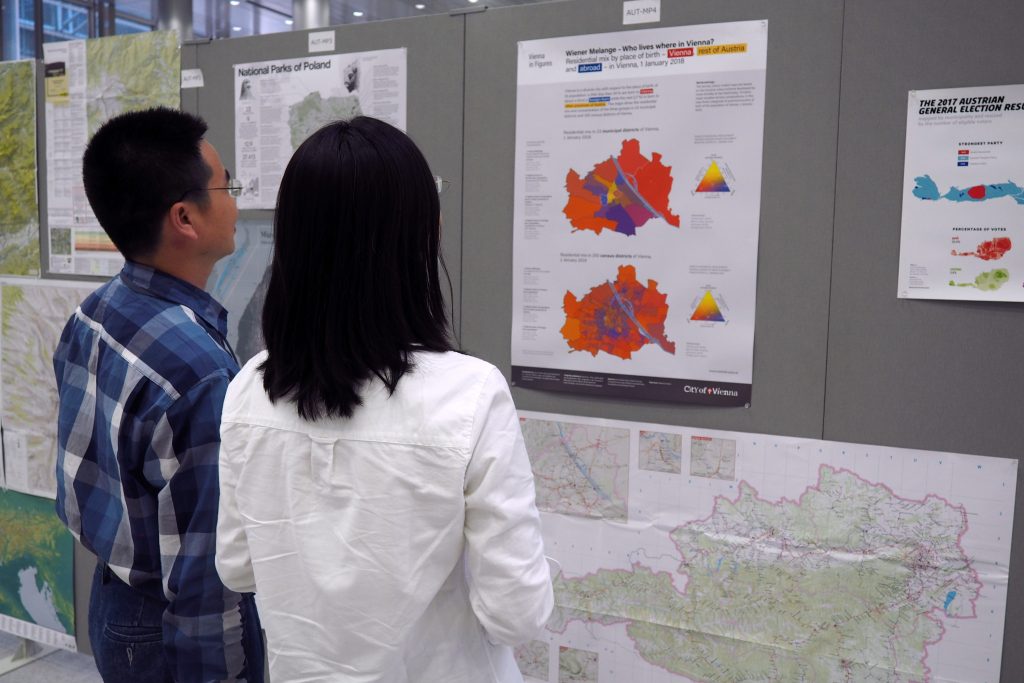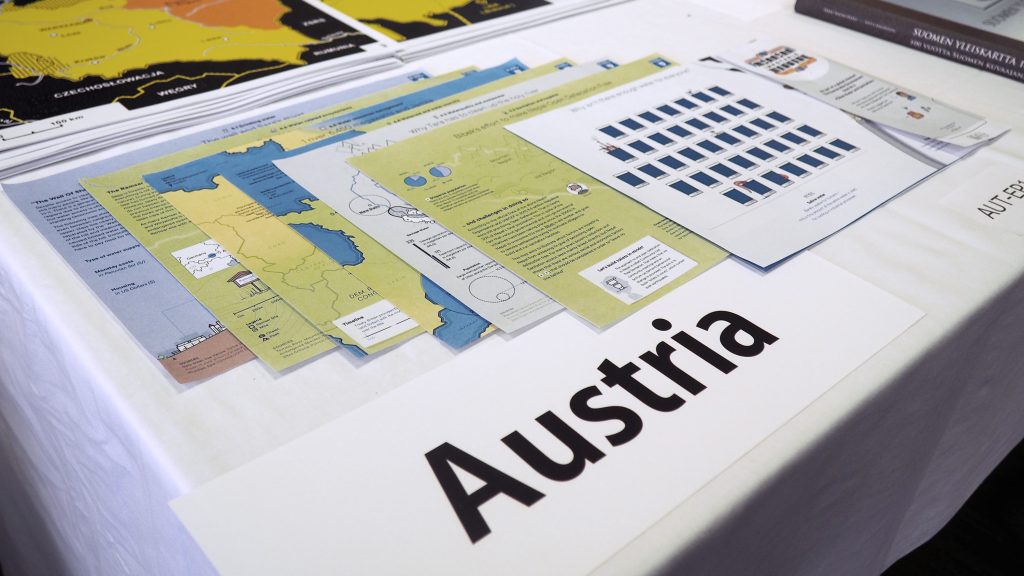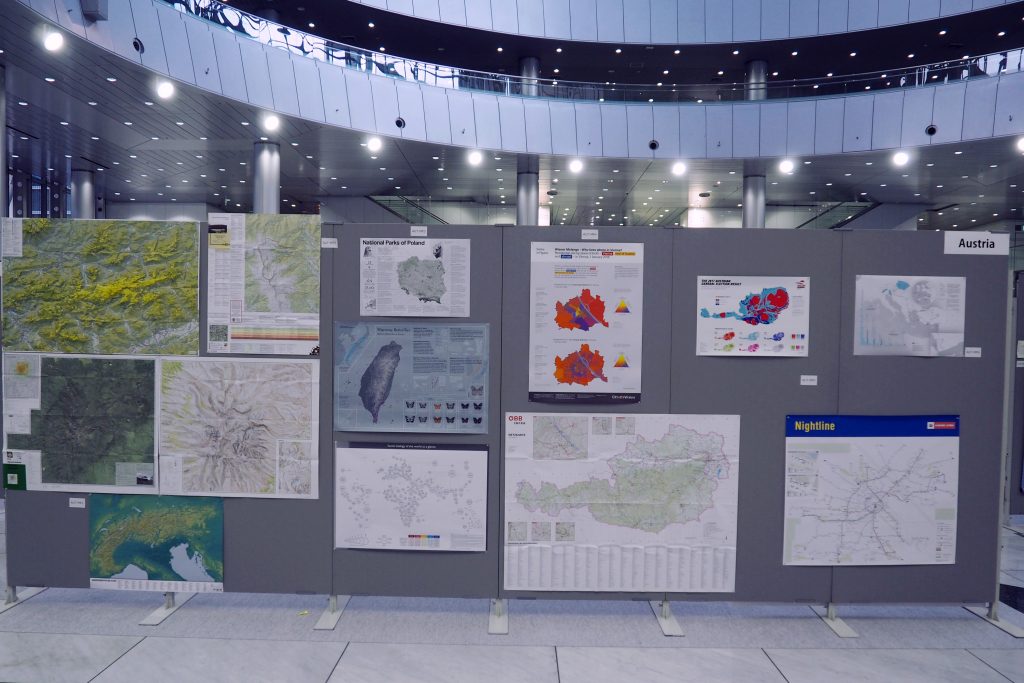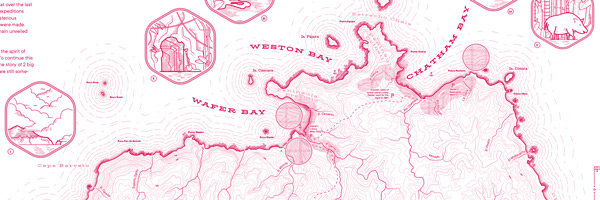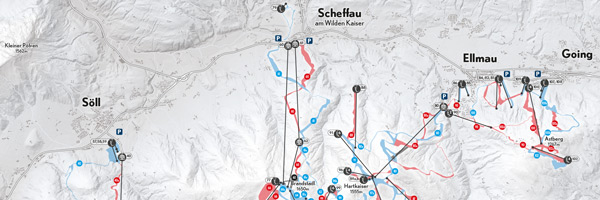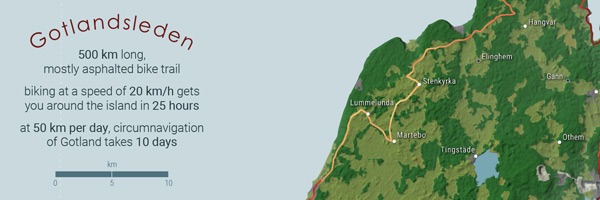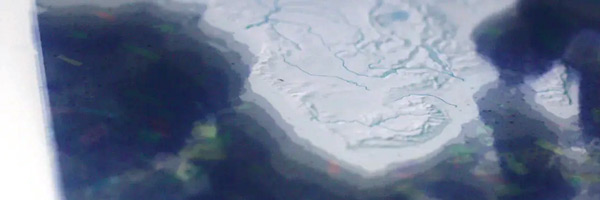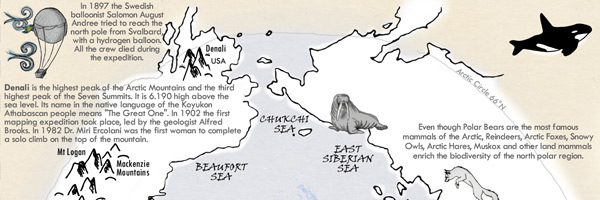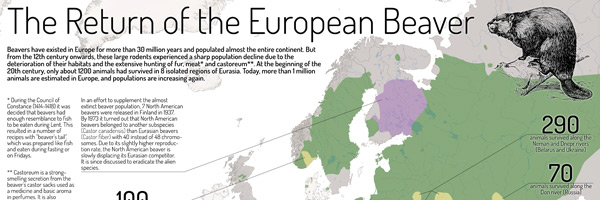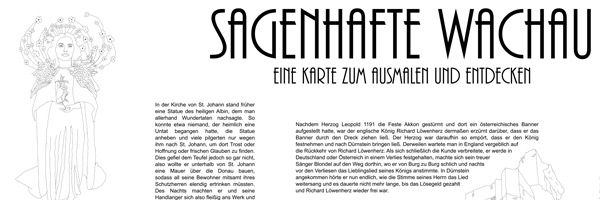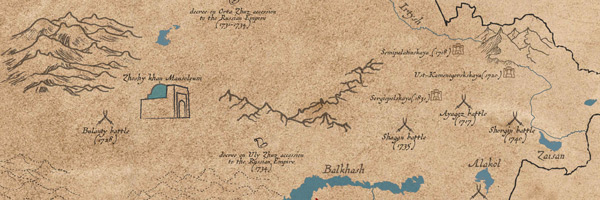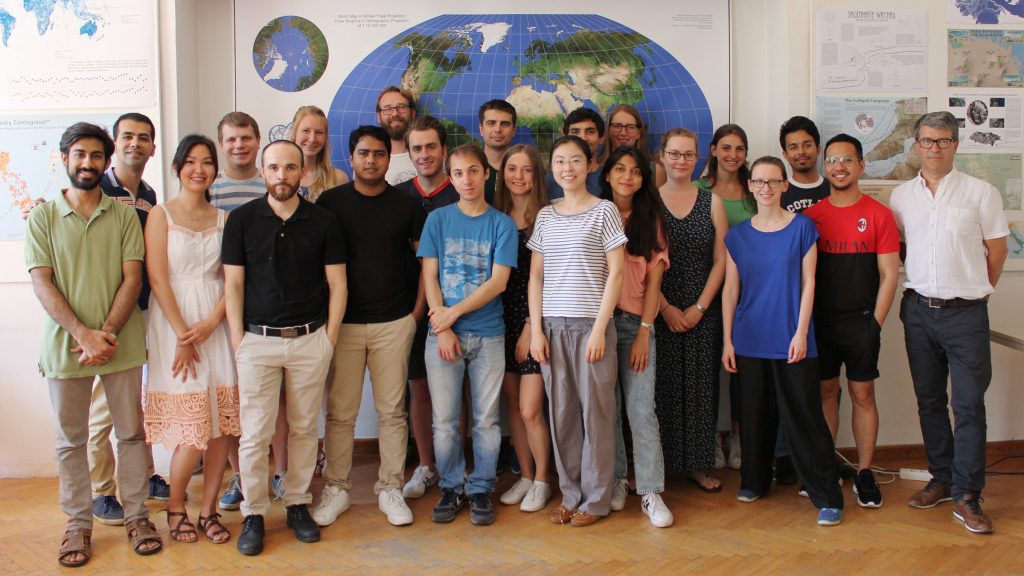Location Based Services are a main research focus of the Research Division Cartography as our recent publications in the field show:
User-centred design for smartwatch-based pedestrian navigation
The characteristics of a smartwatch impose several challenges regardig the design of a pedestrian navigation aid. This paper illustrates how landmark-based pedestrian navigation systems for smartwatches can be developed, considering the small screen sizes as well as the very limited interaction capacities of these wrist-worn devices. Particularly, by the use of a user-centred design approach, an initial user interface was developed, tested, and refined in two field experiments to create a final user interface. A combination of map view and direction view was proposed, where the map view provides an overview of the environment and route, while the direction view gives clear instructions (turning information) for decision points. The interface was further enhanced by the use of vibrations before decision points. In addition, landmarks were carefully considered and incorporated into both map view and direction view. The field experiments showed that these key features of the revised interface can effectively support pedestrian navigation via smartwatches.
from: Applying user-centred design for smartwatch-based pedestrian navigation system. Martin Perebner, Haosheng Huang & Georg Gartner, Journal of Location Based Services, DOI: 10.1080/17489725.2019.1610582
A research agenda for Location based services
We are now living in a mobile information era, which is fundamentally changing science and society. Location Based Services (LBS), which deliver information depending on the location of the (mobile) device and user, play a key role in this mobile information era. This article first reviews the ongoing evolution and research trends of the scientific field of LBS in the past years. To motivate further LBS research and stimulate collective efforts, this article then presents a series of key research challenges that are essential to advance the development of LBS, setting a research agenda for LBS to ‘positively’ shape the future of our mobile information society. These research challenges cover issues related to the core of LBS development (e.g. positioning, modelling, and communication), evaluation, and analysis of LBS-generated data, as well as social, ethical, and behavioural issues that rise as LBS enter into people’s daily lives.
from: Location based services: ongoing evolution and research agenda. Haosheng Huang, Georg Gartner, Jukka M. Krisp, Martin Raubal & Nico Van de Weghe, Journal of Location Based Services, 12:2, 63-93, DOI: 10.1080/17489725.2018.1508763
